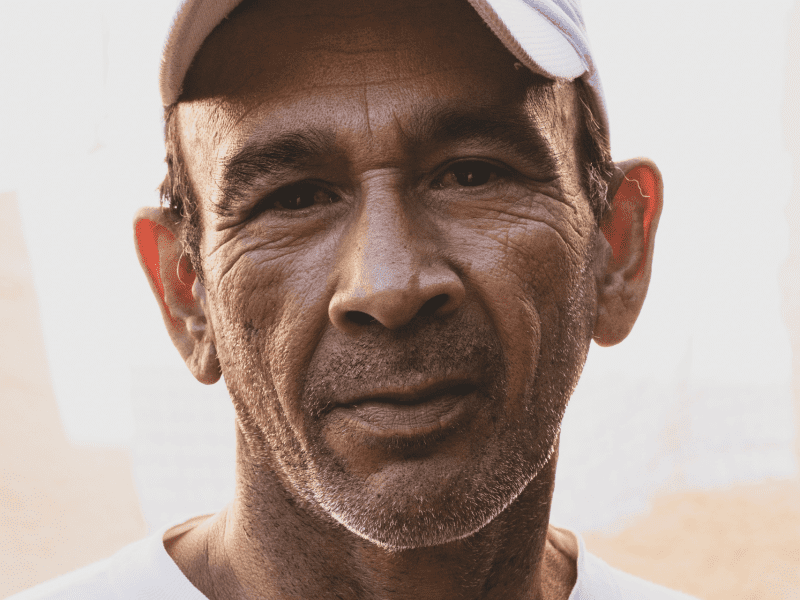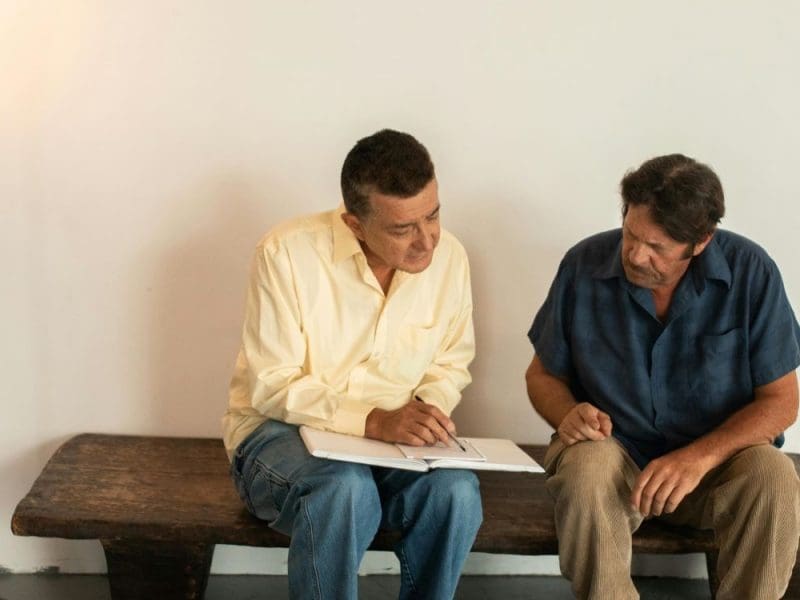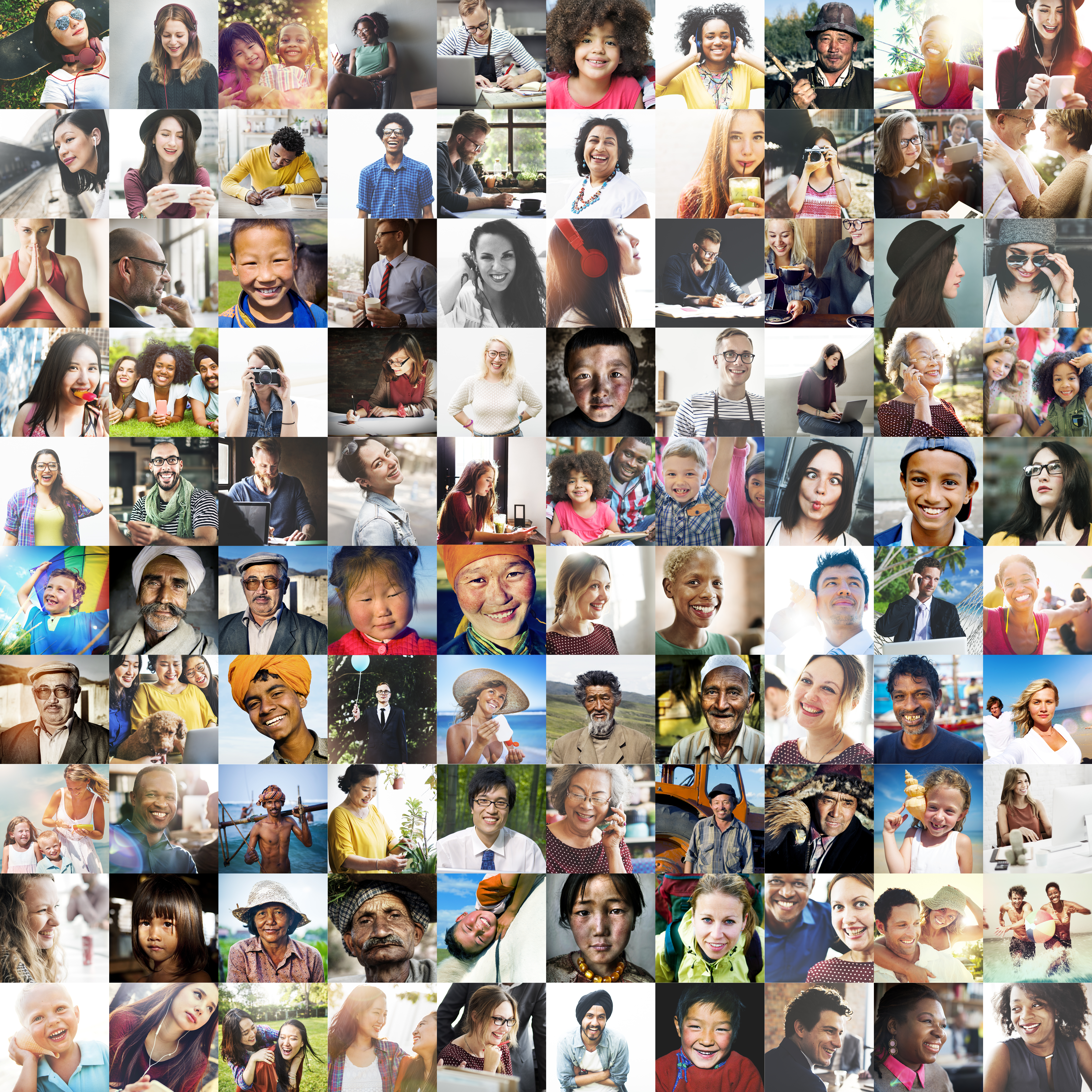Populations We Work With
supporting strong foundations for everyone in Canada
SRDC’s research and innovative program evaluations help in building the foundations to support Canadians with limited access to social and educational resources.

2SLGBTQ+ People
People who identify as belonging to gender and sexual minorities in Canada – including Two-spirited Indigenous people, lesbian, gay, bisexual, transgender, queer and intersex people, among others – are providing leadership on ways to address the barriers many face to respectful inclusion, health equity, and economic wellbeing.

Children
At the heart of policy for children is sustaining positive rapid brain development, laying groundwork for maturing cognitive and social-emotional skills which in turn determine how we navigate every stage of learning, social and economic life that follows.

Communities and Families
Our evidence informs decision makers in community organizations and governments concerned with positive family development and improving community well-being.

EI Recipients
We provide evidence on the outcomes of temporary income support on unemployed workers, workers upgrading their skills, and workers taking time off due to specific life events.

General Population
SRDC examines structural and systems-level factors that support thriving communities and populations in general.

Indigenous Peoples
We work closely with Indigenous organizations and others serving Indigenous Peoples to transform and build respectful, inclusive workplaces, classrooms, and healthcare settings, guided by Indigenous values and knowledge.
Low-income Populations
Our research and pilot projects inform policymakers of the costs of poverty and the systematic barriers that face the most vulnerable.
Low-skilled Workers
Our research and program evaluations identify systemic barriers that face low-skill workers and provide decision-makers with methods to remove those barriers and help them improve their skills.

Newcomers
Our research and program evaluation find the best practices to support the economic and social integrations of newcomers to Canada.

Official Language Minorities
SRDC works with various levels of government, employers, cultural organizations, and others to develop research and programs that help members of Official Language Minority Communities enhance access to resources and supports to economic, social, and cultural wellbeing.

Older Workers
People 55 years of age and older make a profound impact on the workforce and the economy and will continue to change the workforce dynamic as they retire.

People with Disabilities
While disabilities do not define talent, they are a major obstacle to employment and social integration. We develop and evaluate evidence-driven programs that remove barriers to work for people with disabilities.

Racialized Canadians
SRDC works with community leaders and organizations to assess the impact of racism and discrimination on racialized peoples, and to develop and test policy and programming that addresses these barriers and supports community empowerment, health and economic equity.

Seniors
As Canadians continue to live longer and more active lives, our work supports levels of government, community leaders, and decision-makers in enhancing policies that improve seniors' lives.

Social Assistance Recipients
We evaluate government programs that support people who have limited financial means to meet their basic needs.

Students
SRDC’s research and program evaluations support students with limited social and educational resources to build pathways to improve their access to education and job prospects.

Women
Using Gender-Based Analysis and intersectional approaches, we conduct research and evaluation to help maximize the ability of women to contribute and benefit fully from Canada’s economic, social, and cultural resources.

Youth
SRDC research and program evaluation explores how best youth can be encouraged, supported, engaged and connected to resources that increase their chances of making positive progress to healthy adulthood.
